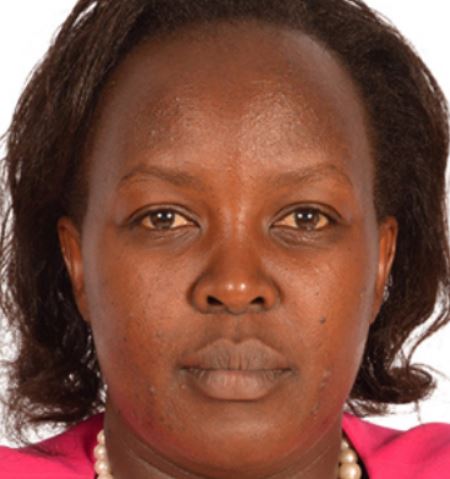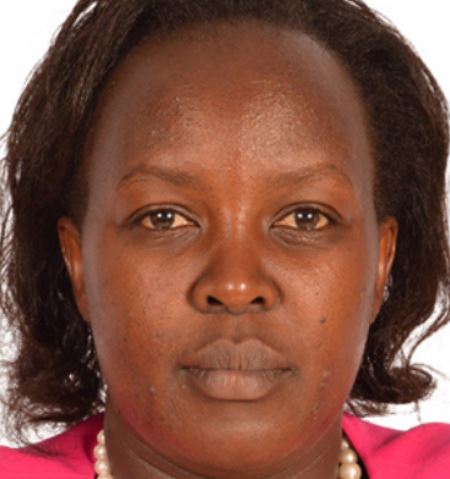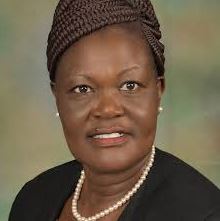Overview

- Act: Prohibition of Female Genital Mutilation Act, 2011
- Formed: 2014
- CEO: Bernadette Resian Loloju
- X (Twitter)
The Anti-Female Genital Mutilation (FGM) Board in Kenya, established under the Prohibition of Female Genital Mutilation Act, 2011, commenced operations in 2014. Its mandate is to eliminate FGM practices and promote the rights of women and girls. The Board
formulates policies, conducts public awareness campaigns, and coordinates community outreach programs to educate on the dangers of FGM. Additionally, it provides support services for victims and collaborates with government and non-governmental organizations to implement effective prevention strategies. Through these efforts, the Board aims to foster a safer and healthier environment for all women and girls in Kenya.
CEO: Bernadette Resian Loloju
Bernadette Resian Loloju holds a Master’s degree in Public Health from the University of Nairobi and a Bachelor’s degree in Social Work. She has extensive experience in gender advocacy and community mobilization, focusing on the elimination of female genital mutilation (FGM). Bernadette is committed to empowering women and girls through her leadership at the Anti-FGM Board.

Board of Governors

Ipato Surum
Chairperson

Bernadette Loloju
CEO

Dr. Mary C. Ishipe Nandili
Director
Functions
- Policy Formulation – Develop and implement policies aimed at the eradication of female genital mutilation and the protection of women’s and girls’ rights.
- Public Awareness Campaigns – Conduct educational campaigns to raise awareness about the dangers of FGM and promote cultural change within communities.
- Community Outreach Programs – Engage with communities to provide information and support, helping them to abandon FGM practices voluntarily.
- Support for Victims – Provide counseling, medical assistance, and legal support to individuals affected by FGM.
- Collaboration with Stakeholders – Partner with government agencies, non-governmental organizations, and community-based organizations to enhance anti-FGM efforts.
- Data Collection and Research – Gather and analyze data on FGM prevalence and related issues to inform policy and program development.
- Capacity Building – Train and equip stakeholders, including community leaders and health practitioners, to effectively address FGM.
- Monitoring and Evaluation – Monitor the implementation of anti-FGM programs and evaluate their effectiveness in reducing FGM cases.
- Advocacy – Advocate for legislation and practices that protect the rights of women and girls, focusing on the prohibition of FGM.
- Coordination of Efforts – Coordinate national and local efforts to combat FGM, ensuring a unified approach to policy implementation and community engagement.
Important Links
Address & Contacts
- P.O. Box 54720-00200, Nairobi, Kenya
- National Council for Population and Development
- (NCPD) Building, 4th Floor, along Bishop Road
- PR54+4G Nairobi
- info@antifgmboard.go.ke
- +254 (020) 2721749